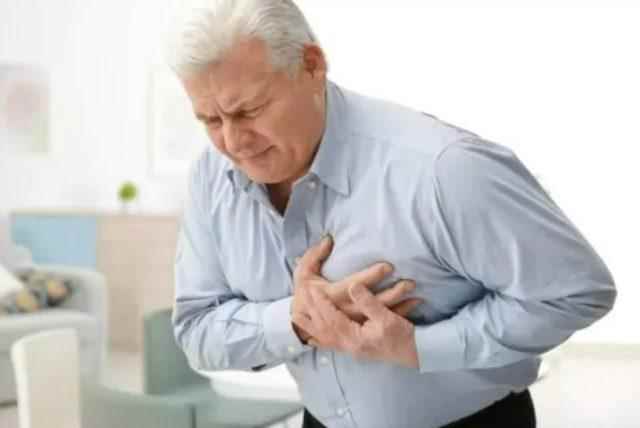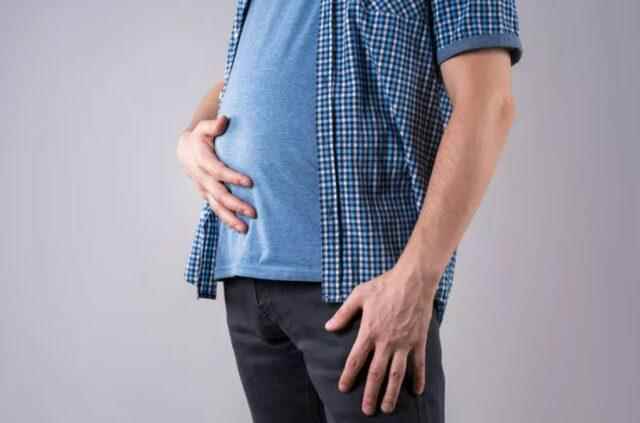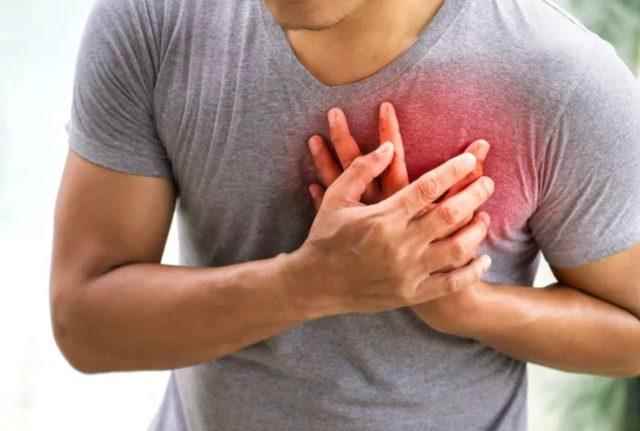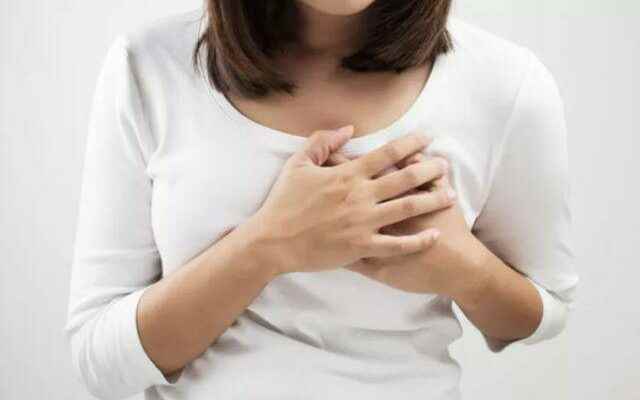Millions of people die every year due to a heart attack. Heart attack is known as the most common cause of death. It is very important to eat healthy and exercise regularly to reduce the risk of having a heart attack. Smoking, diabetes, high blood pressure, obesity, age and genetic factors increase the risk of heart attack. It saves the lives of people who have had a heart attack, to realize this situation and go to the doctor as soon as possible. Therefore, it is necessary to know all the symptoms of a heart attack.
HEART ATTACK SYMPTOMS
Chest Pain, Pressure, or Feeling of Discomfort
Most people who have had a heart attack describe a feeling of pain or discomfort in the chest area, but this is not true for every heart attack. In some people, a tightness may occur in the chest area in a compressive manner. The discomfort is usually short-lived and disappears within a few minutes. In some people, this feeling can be felt again within a few hours or the next day. These symptoms are generally complaints that indicate that the heart muscle is not getting enough oxygen, and care should be taken as it may require urgent medical attention.
Reflected Pain

The feeling of tightness and pain in the chest can be reflected in various other parts of the body during a heart attack. In most people who have a heart attack, chest pain tends to radiate to the left arm. Apart from this area, there are people who experience pain in areas such as shoulders, back, neck or jaw. Caution should be exercised during a heart attack in women, as the pain may be reflected in the lower abdomen and lower chest. Pain in the upper back is another symptom that is more common in women than in men.
Sweating

Excessive sweating that is not during activity or exercise is a symptom that may indicate various heart problems. Some people may also experience excessive cold sweating.
Weakness

The extreme stress that occurs during a heart attack can make a person feel tired and sluggish. Fatigue and shortness of breath are more common symptoms in women and may be present a few months before the crisis.
Shortness of breath

The work of the heart and breathing are closely related events. Shortness of breath, which is defined as being aware of one’s breathing, is an important symptom that occurs due to the inability of the heart to pump enough blood during the crisis.
Dizziness

Dizziness and lightheadedness are among the heart attack symptoms that usually occur in female patients. These situations should not be accepted as normal by the living person and should not be neglected.
Palpitation

People are in a state of intense anxiety when they complain of palpitation due to a heart attack. Some people may describe this palpitation not only in the chest but also in the neck region.
Digestive Problems

Some people may experience various digestive complaints with hidden heart attack symptoms in the pre-crisis period. Digestive problems such as indigestion and burning in the chest can be similar to some heart attack symptoms, so care should be taken.
Swelling of the legs, feet and ankles

Foot and leg swelling develops as a result of fluid accumulation in the body. This may be a sign of worsening heart failure.
Fast and irregular heartbeats

It is stated that the irregularity of the rapid or irregular heartbeat should be taken seriously. It may also be necessary not to be late when fatigue, weakness and short breathing are added to the palpitation.
Cough

Persistent coughing can be a sign of a heart attack. This is due to blood flow in the lungs. In some cases, the cough may be accompanied by blood. In such a situation, it is important not to waste time.
Sudden change in body weight – weight gain or loss

Sudden weight gain and loss increase the risk of heart attack. Sudden changes in the diet can cause fluctuations in the cholesterol profile. It has been observed that the risk of heart attack increases in the following years in middle-aged individuals who gain 10 percent or more weight in a short time.
